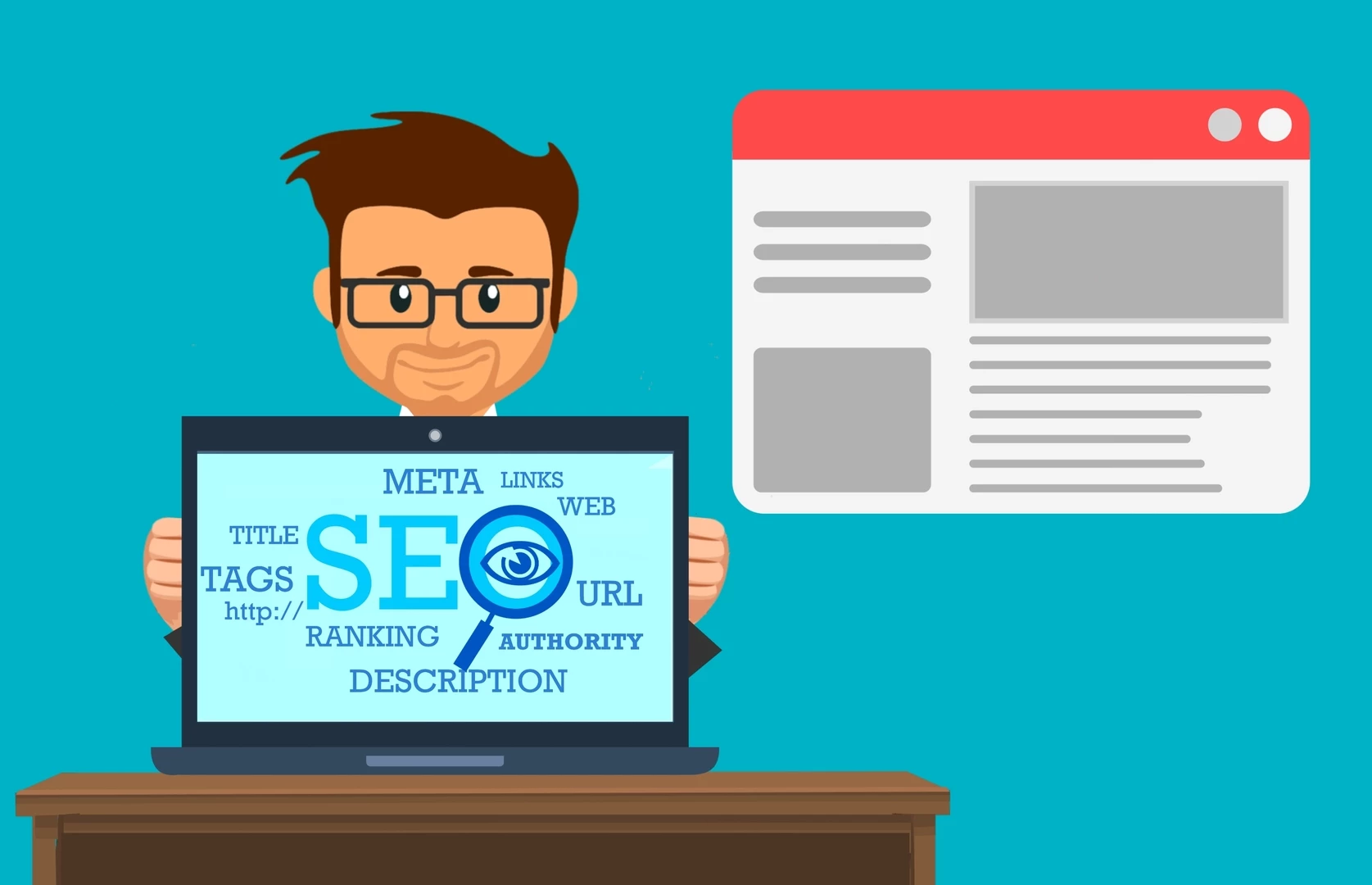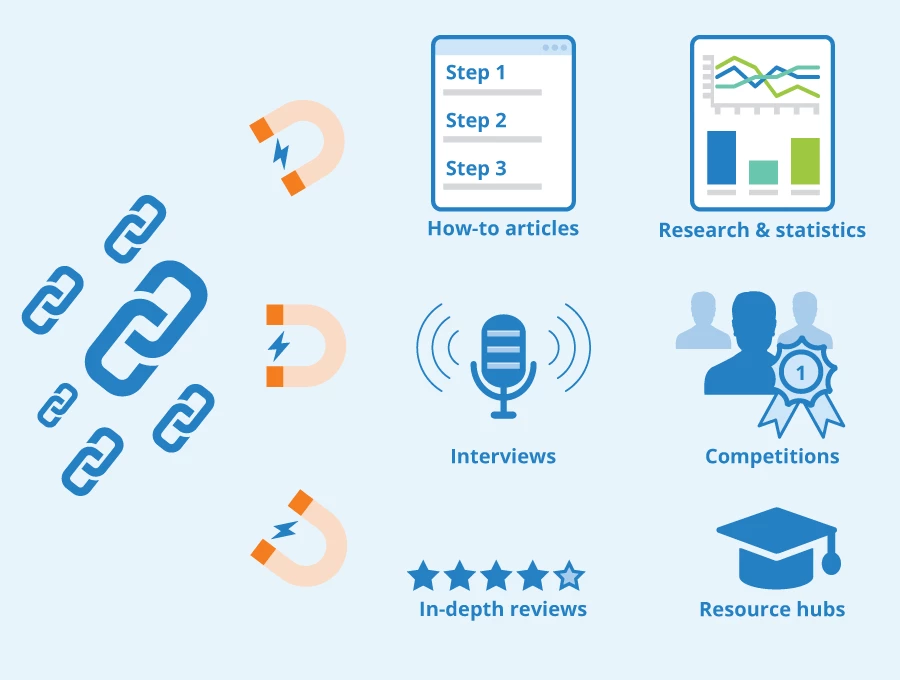In today’s fast-paced global economy, logistics companies play a crucial role in ensuring that goods move seamlessly from manufacturers to consumers. However, as the industry becomes increasingly competitive, effective marketing strategies have emerged as essential tools for success. Marketing services for logistics companies, such as those found at https://leadgamp.com/marketing-services-for-logistics-companies, encompass a range of strategies designed to enhance visibility, attract clients, and ultimately drive revenue.
From digital marketing to brand development, the landscape is rich with opportunities for logistics providers to differentiate themselves. Companies must not only highlight their operational efficiencies and technological advancements but also communicate their value proposition clearly. This involves crafting compelling narratives around timely deliveries, cost-effectiveness, and exceptional customer service.
Moreover, the rise of e-commerce has transformed consumer expectations, necessitating logistics firms to adopt innovative marketing approaches that resonate with their target audience. Social media engagement, search engine optimization (SEO), and content marketing are just a few avenues logistics companies can use to connect with potential clients. Understanding and leveraging these marketing services is critical for logistics businesses aiming to thrive in a rapidly evolving marketplace. As we delve deeper into this guide, we will explore these strategies, providing a roadmap for logistics companies eager to enhance their marketing efforts and grow their client base.
Understanding the Logistics Industry Landscape
The logistics industry is a dynamic and multifaceted landscape that plays a critical role in global commerce. At its core, logistics encompasses the planning, execution, and management of the flow of goods, services, and information from the point of origin to the consumer. With the rise of e-commerce and globalization, logistics companies face both challenges and opportunities.
Key players in this industry include freight forwarders, third-party logistics (3PL) providers, and shipping companies, each navigating a highly competitive and rapidly evolving environment. The demand for faster delivery times, transparency in tracking, and cost efficiency is reshaping service offerings.
Moreover, technological advancements such as automation, artificial intelligence, and blockchain are transforming logistics operations, enabling companies to optimize their supply chains and enhance customer experiences. Sustainability is also becoming paramount, with companies seeking greener practices to meet regulatory standards and consumer expectations.
Understanding this intricate industry landscape is essential for logistics companies looking to develop targeted marketing strategies that resonate with stakeholders, address pain points, and highlight their unique value propositions in a crowded market.
Key Marketing Challenges Faced by Logistics Companies
Logistics companies face a unique set of marketing challenges that can significantly impact their growth and visibility in a competitive landscape. One of the primary hurdles is the perception of logistics as a complex and often misunderstood industry. Many potential clients may not fully grasp the intricacies of logistics services, leading to difficulties in effectively communicating value propositions.
Additionally, the rapid evolution of technology and digital marketing channels means logistics firms must continuously adapt to maintain relevance. Many companies struggle to establish a strong online presence, often lacking the resources or expertise to leverage tools like SEO, social media, and content marketing effectively.
Another challenge is the need for differentiation in a saturated market. With numerous players offering similar services, logistics companies must find innovative ways to stand out and articulate their unique selling points. Furthermore, building trust is crucial; potential clients often seek established, reliable partners, making it essential for logistics firms to showcase their track record, client testimonials, and industry certifications.
Finally, navigating regulatory changes and compliance issues can complicate marketing efforts, as companies must ensure they are accurately representing their services while adhering to industry standards. Addressing these challenges head-on is vital for logistics companies aiming to thrive in an ever-evolving marketplace.
Essential Marketing Strategies for Logistics Services
- Content Marketing: Create informative blog posts, whitepapers, and case studies that address industry challenges and showcase your expertise. This not only positions your company as a thought leader but also boosts SEO.
- Social Media Engagement: Utilize platforms like LinkedIn, Facebook, and Twitter to connect with potential clients and share updates. Highlight success stories, industry news, and company culture to humanize your brand.
- Email Marketing: Develop targeted email campaigns to nurture leads and keep existing clients informed about your services, promotions, and industry insights.
- Search Engine Optimization (SEO): Optimize your website with relevant keywords and local SEO strategies to enhance visibility in search results, making it easier for potential clients to find you.
- Pay-Per-Click Advertising (PPC): Invest in targeted PPC campaigns on platforms like Google Ads to drive immediate traffic to your website, capturing leads who are actively searching for logistics solutions.
- Client Testimonials and Case Studies: Showcase satisfied clients and successful projects to build trust and credibility, making it easier for prospects to see the value you provide.
Digital Marketing Techniques for Logistics Companies

In today’s fast-paced digital landscape, logistics companies must leverage innovative digital marketing techniques to stay competitive and reach their target audience effectively. One of the most powerful tools is search engine optimization (SEO). By optimizing their websites with relevant keywords related to logistics services, companies can improve their visibility on search engines, driving organic traffic and generating leads.
Content marketing also plays a crucial role. Logistics firms can create valuable resources like blogs, whitepapers, and case studies that provide insights into industry trends, best practices, and success stories. This not only establishes authority but also nurtures trust with potential clients.
Social media platforms are equally vital, allowing logistics companies to engage directly with their audience. Regularly sharing updates, industry news, and customer testimonials can enhance brand visibility and foster community engagement.
Email marketing remains a reliable technique for nurturing leads and maintaining customer relationships. Regular newsletters featuring industry insights, service updates, and special offers can keep your brand top-of-mind.
Finally, pay-per-click (PPC) advertising can deliver immediate results by targeting specific demographics and geographical areas, ensuring that your logistics services reach those who need them most. By combining these digital marketing techniques, logistics companies can create a comprehensive strategy that drives growth and enhances their market presence.
Leveraging Social Media for Brand Awareness
In today’s digital landscape, social media has emerged as a powerful tool for logistics companies to enhance brand awareness and connect with their target audience. By strategically utilizing platforms like LinkedIn, Facebook, and Instagram, these companies can showcase their services, share industry insights, and foster community engagement.
First, logistics companies should identify the platforms where their audience congregates. LinkedIn, for instance, serves as an ideal space for B2B interactions, allowing firms to share case studies, whitepapers, and industry news. Regularly posting engaging content, such as infographics about supply chain trends or behind-the-scenes looks at operations, can position a company as a thought leader in the logistics space.
Additionally, visual platforms like Instagram can offer a unique opportunity to highlight the human side of logistics. Sharing images of employees, fleet vehicles, or successful deliveries creates a relatable narrative that resonates with audiences.
Furthermore, engaging with followers through comments, polls, and direct messages fosters community and builds trust. By leveraging social media effectively, logistics companies can not only boost brand awareness but also cultivate lasting relationships with customers and partners alike.
Content Marketing for Logistics: Best Practices
- Know Your Audience: Understand the needs and pain points of your target audience. Tailor content to address their specific challenges, whether they are small businesses or large enterprises.
- Leverage SEO Techniques: Optimize content with relevant keywords that potential clients are searching for. This increases visibility on search engines and drives organic traffic to your site.
- Diversify Content Formats: Use a mix of blogs, infographics, videos, and case studies. Each format appeals to different audience segments and enhances engagement.
- Share Industry Insights: Position your company as a thought leader by sharing market trends, industry news, and expert opinions. This fosters credibility and encourages sharing.
- Utilize Social Media: Promote your content across social media platforms to reach a broader audience. Engage with followers through comments and shares to build a community.
- Monitor and Analyze Performance: Regularly assess the effectiveness of your content through analytics. Adjust strategies based on what resonates most with your audience.
Measuring Marketing Success: Key Performance Indicators

Measuring the success of marketing efforts in logistics companies hinges on identifying and tracking key performance indicators (KPIs) that align with business objectives. One of the most critical KPIs is conversion rate, which measures the percentage of leads that turn into paying customers. A strong conversion rate indicates effective marketing strategies and a well-targeted audience.
Another vital metric is customer acquisition cost (CAC). By calculating how much it costs to acquire a new customer, logistics companies can assess the efficiency of their marketing spend. A lower CAC suggests that marketing campaigns are resonating well with potential clients.
Additionally, tracking customer lifetime value (CLV) helps businesses understand the long-term impact of their marketing strategies. A higher CLV signifies successful retention efforts, indicating that customers are satisfied and likely to return.
Engagement metrics, such as website traffic and social media interactions, should also be monitored. Increased engagement often correlates with greater brand awareness and customer interest.
Finally, lead generation metrics, including the number of inquiries and qualified leads, provide insight into how successful marketing campaigns are at capturing the attention of potential clients. By regularly reviewing these KPIs, logistics companies can refine their marketing strategies for sustained growth and success.
Case Studies: Successful Marketing Campaigns in Logistics
- DHL’s “Express Your World” Campaign: This global campaign focused on customer testimonials, showcasing how DHL’s services enable businesses to thrive. By leveraging social media, they created a series of engaging videos that highlighted real stories from satisfied clients, reinforcing their reliability and commitment to service excellence.
- UPS’s “We Love Logistics” Initiative: UPS launched a content-driven marketing strategy that included a series of webinars and informative articles aimed at educating potential customers about the complexities of logistics. The campaign positioned UPS as an industry authority and significantly boosted their lead generation.
- XPO Logistics’ Data-Driven Social Media Strategy: By utilizing targeted ads on platforms like LinkedIn, XPO Logistics successfully reached decision-makers in their industry. Their analytics-driven approach allowed them to tailor messages based on audience behavior, resulting in a 25% increase in conversion rates.
Conclusion and Future Trends in Logistics Marketing
As we look ahead, the landscape of logistics marketing is poised for transformative changes driven by technological advancements and evolving customer expectations. Companies that leverage data analytics and artificial intelligence will gain a competitive edge, allowing them to personalize marketing efforts and optimize customer engagement. The rise of automation in logistics not only enhances operational efficiency but also provides rich data that can inform targeted marketing strategies.
Sustainability is becoming a pivotal concern for consumers, prompting logistics companies to adopt eco-friendly practices. Those who transparently communicate their sustainability efforts will attract eco-conscious clients and build brand loyalty. Furthermore, the integration of omnichannel marketing — combining digital and offline strategies — will facilitate seamless customer interactions, enhancing overall satisfaction.
Social media platforms are also emerging as vital tools for logistics marketing, enabling companies to showcase their services in real-time and engage directly with customers. As logistics continues to evolve at a rapid pace, staying ahead of trends and innovations will be crucial. Companies that embrace these future trends will not only enhance their marketing strategies but also position themselves as leaders in an increasingly competitive marketplace.
